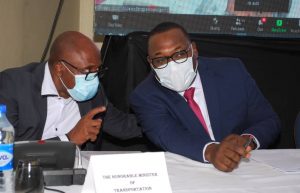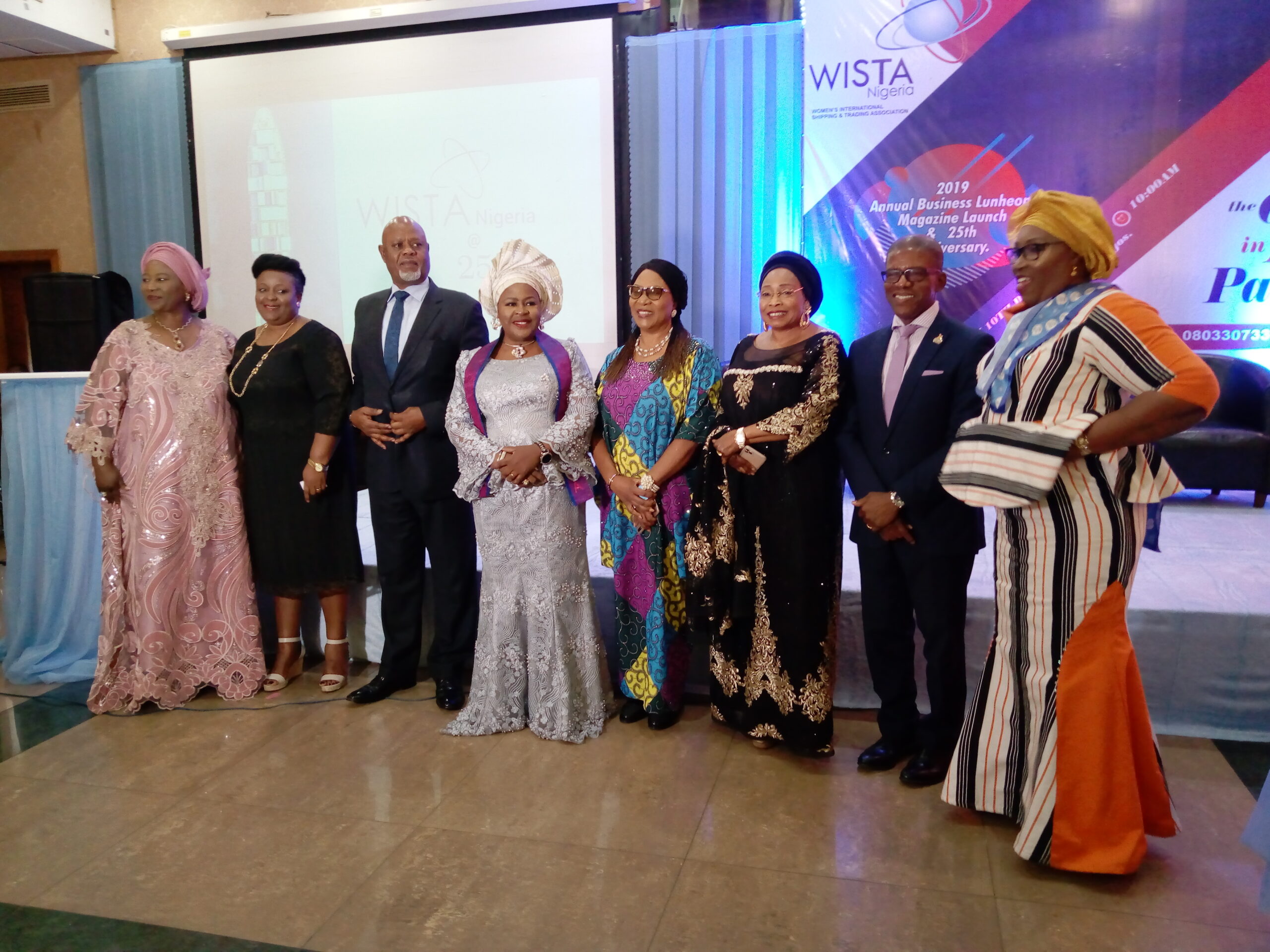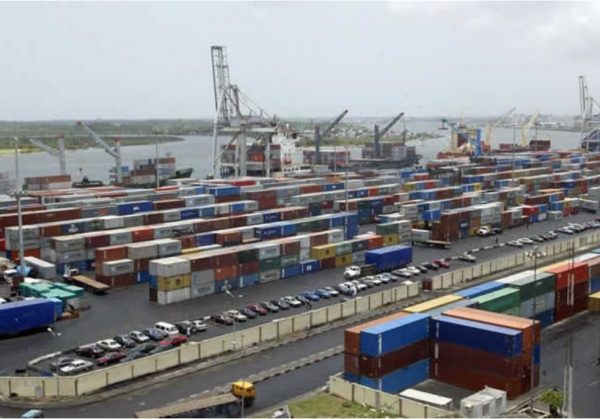Transport Ministry, NSC Host Maritime Stakeholders On E- Platform

The Ministry of Transportation and Nigerian Shippers’ Council (NSC) hosted a sensitization meeting for government agencies and stakeholders in the maritime sector on the implementation of the Nigerian Ports Process Manual (NPPM) yesterday.
At the meeting, the Minister of Transportation, Rt. Honorable Amaechi emphasized the enormity of the responsibility placed the Nigerian Shippers’ Council for driving the process and urged government agencies and the maritime public to cooperate with NSC.
The Transport Minister stressed the need to sanitize Nigeria’s port system and he described the new platform as a good development.
A major highlight of the meeting was the presentation of the Port Service Support Portal PSSP which will be the primary tool to drive the implementation of the NPPM.
Recall that the NPPM was launched by the Vice-President, Professor Yemi Osinbajo on December 9 2020 in Abuja and he announced the appointment of Nigerian Shippers’ Council as the lead agency to implement the NPPM.
The NPPM will enable Nigeria improve its ranking on the Corruption Perception Index, CPI.
Speaking at the event, the Executive Secretary, NSC, Mr. Hassan Bello said that the Nigerian Ports Process manual is key to transparency in Nigerian ports.
His words, “There is a need to reduce dual time of cargo from 21 days to the regional average of 7 days. NSC is not only looking at the ease of doing business but at the cost of doing business.”
He added that the electronic call up system by the Nigerian Ports Authority would aid in easing the current traffic situation around the port. He sought for the cooperation of sister agencies to ensure the manual is fully implemented in order to improve the ranking of Nigeria in the Corruption Perception Index (CPI).
Meanwhile, the Chairman, Independent Corrupt Practices Commission (ICPC), Professor Bolaji Owasanoye stated that government agencies are not powerless.
“Agencies have enforcement power it is time to effectively use these enforcement powers”, he said.
He also pledged the support of his agency to implement the NPPM.
The Head Technical Unit on Governance and Anti-Corruption Reforms (TUGAR), Ms. Lillian Ekeanyanwu also applauded the collaboration of the NSC and other agencies in realizing the NPPM.
“We have confidence in the NSC and NPA and we would issue a scorecard on performance”, she said.
However, the Director General, Nigerian Maritime Administration and Safety Agency (NIMASA), Dr. Bashir Jamoh spoke on some of the challenges in the sector, including insecurity and corruption.
According to him, some methods of addressing these issues are embedded in the NPPM.
“Our industry can only be sustained in terms of economic growth if we have sustainable systems in place to make our ports attractive”, he said.
The Governor of Lagos State, represented by the Lagos State Commissioner of Transportation, Dr. Fredrick Oladeyinde assured that Lagos State is on top of the Apapa gridlock situation.
“We are working with the NPA to make sure truck parks are established along logistics routes. Lagos has given out 31 hectares of land for these truck parks for instance. We will continue to work with key stakeholders to ensure we develop the best port system in Africa”, he said.
The CEO Convention on Business Integrity, representing the Maritime Anti-Corruption Network, Olusoji Apampa, noted that since an information desk was put up in 2020, 90 vessels doing business via Nigerian waters were monitored and only 16 had issues which were resolved within 1 – 4 hours. He encouraged stakeholders to be patient.
Meanwhile, the Registrar/CEO Council for the Regulation of Freight Forwarding in Nigeria (CRFFN), Barrister Sam Nwakohu expressed delight at the new development.
He congratulated the NSC boss for a job well started, even as he spoke on the importance of collaboration amongst the maritime agencies which freight forwarders rely upon to ease their business.
Nwakohu added that the manual is a good initiative that would improve the nation’s economy.
Also speaking at the summit, the Managing Director Nigerian Ports Authority (NPA), Hadiza Bala Usman said that the Key Performance Indicators (KPI) of the various agencies in the maritime sector are closely tied therefore the need for seamless cooperation and integration of relevant agencies.
She promised that NPA would ensure compliance to the manual and implement sanctions for non-complaince.
However, the Comptroller General, Nigeria Customs Service, represented by Acting Comptroller, Tariff, NCS, Suleiman Chiroma said that there is a need for the Nigerian Customs Service to deploy sophisticated modern scanners to replace physical examination.
He added that at the time of physical examination, all relevant agencies should be present and failure to comply would mean exemption.
Other dignitaries in attendance were Permanent Secretary, Transportation, Dr. Magdalene Ajani, President of the National Association of Government Approved Freight Forwarders (NAGAFF), Chief Increase Uche, President of the Association of Licensed Customs Agents (ANLCA), Hon. Tony Iju Nwabunike, among others.






